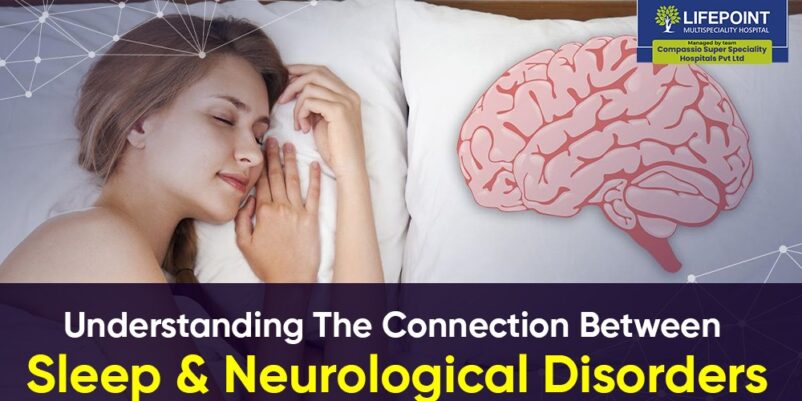Sleep is an essential aspect of human life, and it is crucial for maintaining overall physical and mental health. Inadequate or disturbed sleep can lead to various health issues, including neurological disorders. The relationship between sleep and neurological disorders is complex and bidirectional, meaning that sleep disorders can cause neurological disorders, and neurological disorders can cause sleep disorders.
Sleep plays a significant role in the restoration of the brain, as it helps to clear the metabolic waste and promote the growth and repair of brain cells. During sleep, the brain also processes information from the day, which is essential for learning and memory consolidation. When sleep is disturbed, the brain is unable to perform these vital functions, which can lead to long-term damage.
One of the most common neurological disorders associated with sleep is sleep apnea. This sleep disorder is characterized by repeated pauses in breathing during sleep, which can lead to disrupted sleep and reduced oxygen levels in the brain. People with sleep apnea are at an increased risk of developing other neurological disorders, such as Alzheimer’s disease, Parkinson’s disease, and depression.
Another sleep disorder that is linked to neurological disorders is restless legs syndrome (RLS). RLS is a condition in which people experience an irresistible urge to move their legs, often accompanied by a tingling or crawling sensation. This condition can cause disrupted sleep, which in turn can lead to cognitive impairment, depression, and other neurological disorders.
The relationship between sleep and neurological disorders can also work in the other direction, with neurological disorders causing sleep disorders. For example, Parkinson’s disease, a degenerative disorder of the nervous system, is associated with sleep disturbances, including insomnia, sleep apnea, and rapid eye movement (REM) sleep behavior disorder. These sleep disturbances can worsen the symptoms of Parkinson’s disease and negatively impact quality of life.
Multiple sclerosis (MS) is another neurological disorder that can cause sleep disturbances. MS is a chronic autoimmune disease that affects the central nervous system and can lead to sleep disturbances such as insomnia, sleep apnea, and nightmares. These sleep disturbances can exacerbate the symptoms of MS, including fatigue, pain, and depression.
In conclusion, the connection between sleep and neurological disorders is complex and bidirectional. Sleep disorders can cause neurological disorders, and neurological disorders can cause sleep disorders. It is essential to address sleep disturbances in people with neurological disorders, as they can have a significant impact on their overall health and quality of life. Treatment options for sleep disturbances include behavioral changes, such as establishing a consistent sleep schedule and reducing caffeine and alcohol intake, as well as medication and surgery for severe cases. If you suspect you have a sleep disorder or a neurological disorder, it is essential to consult with a healthcare provider for proper evaluation and treatment.

